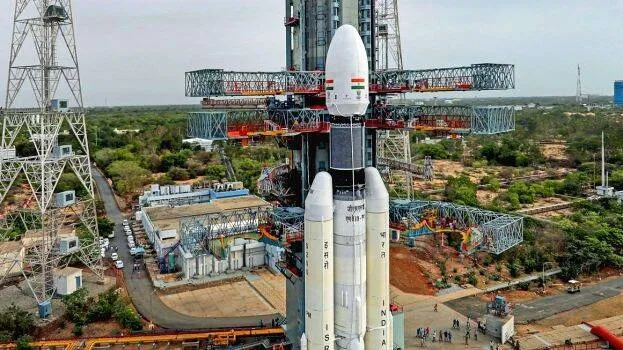

ISRO is India's prestigious institution which has repeatedly proven that outstanding achievements that amaze the world can be accomplished while operating in the public sector. ISRO has successfully tested its robotic arm for space missions, marking a significant step forward in India's endeavour to establish its own space station. The robotic arm system will be able to capture and secure objects sent to the space station for various purposes and place them in a designated location. Additionally, it can remove debris around the station. This robotic arm was developed at the Inertial Systems Unit in Vattiyoorkavu, Thiruvananthapuram. In the future, these "space robotic arms" will be instrumental in conducting maintenance and repair work on the space station.
The robotic arm is also designed to refuel spacecraft and comes equipped with cameras, sensors, and specially developed software to monitor its operations. On December 30, two satellites were launched to be docked together in space to form a single satellite. It is anticipated that this docking will be successfully completed in the coming days. Another historic achievement is the successful germination of cowpea seeds within a spacecraft in space. The eight cowpea seeds sprouted in a small cabin that mimicked the Earth's atmosphere. The cowpea seed sprouting in just four days is yet another historic achievement. The experiment aimed to study how plants adjust their growth in response to factors like gravity and sunlight in space.
India is currently the leading country in the world in launching satellites into space at the lowest cost. Several countries are approaching India for this purpose. There is no other country in the world like India that helps the satellites of numerous underdeveloped nations, which have been unable to achieve significant milestones in space research, to reach space today. While larger nations have similar capabilities, their costs are typically unaffordable for most countries. In this sense, ISRO's initiatives can also be described as a form of "diplomatic activity" that earns respect among developing nations. ISRO's successes can proudly be attributed to the relentless efforts of hundreds of talented scientists, technical experts, software professionals, and other dedicated staff, supported by a leadership that provides unwavering backing free from political interference.
ISRO has contributed numerous achievements that have been beneficial for the comprehensive development of India in various sectors such as agriculture, industry, mining, and defence. It was Prime Minister Nehru who insisted that the Department of Space should not have a separate minister but remain one of the departments directly under the Prime Minister. Nehru made this decision to avoid interference and delays from other ministries in decision-making and implementation. At that time, there was no shortage of critics who questioned whether spending so much money on a space research department, which seemingly offered no immediate returns, was a waste. However, today, ISRO has become an institution capable of earning the most foreign exchange for India. Let us hope its historic achievements continue.